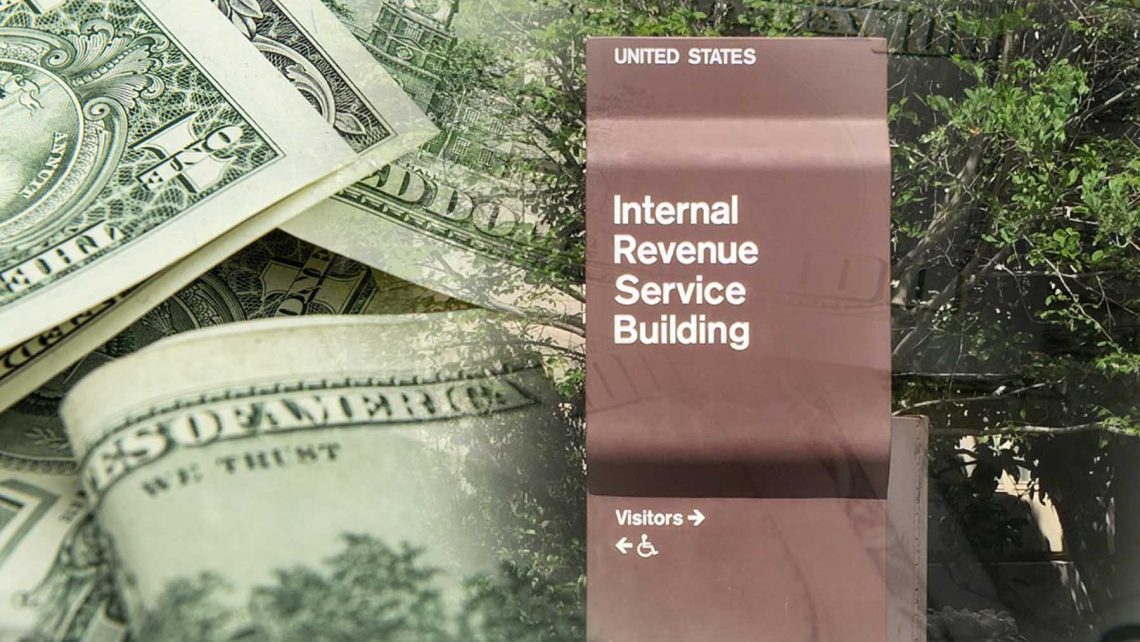A recent U.S. Supreme Court ruling in the case of Connelly vs. The United States has created a stir in the valuation of shares of owned companies for wealth tax purposes. The case centers on brothers Michael and Thomas Connelly, who were co-owners of a construction supply company.
In the partners’ agreement, they had established that in the event of the death of one of the two, the company or the surviving brother would have the right to acquire the shares of the di. After Michael’s death, his brother Thomas opted not to buy the shares, which led the company to decide to redeem them using the insurance money. The controversy arose regarding the value of the shares for tax purposes, and this is where the Internal Revenue Service (IRS) comes into play.
IRS Ruling: Death Benefits for Stock Purchase Subject to Taxation
The Supreme Court ruled that, in this case, the value of the shares is not diminished by the obligation of redemption, even if insurance money is used to carry out such redemption. This decision is significant and affects businesses across the United States for several reasons.
The first thing is that it sets a clear precedent regarding the valuation of shares and near-owned incorporations in postmortem redemption situations. Then he emphasizes the importance of having precise and detailed corporate agreements that contemplate scenarios of this type to avoid disputes and confusion. The ruling prohibits companies from deducting a contractual agreement to buy a CEO’s stock from life insurance proceeds.
How Can the IRS Collect More Taxes in Cases Like This?
During Connelly’s 2014 estate tax return, shares valued at $3 million were included. However, during a review by the Internal Revenue Service (IRS), it was estimated that the real value of these shares amounted to $5.3 million. The discrepancy in the valuations lay in the treatment of death benefits, as the IRS incorporated a percentage of these benefits into the value of the shares, which resulted in a substantial increase in estate taxes for Connelly’s estate, adding an additional million dollars in the tax burden.
This dispute reached the Supreme Court after two lower courts backed the IRS decision. In their ruling, the Supreme Court justices agreed with the IRS that death benefits should be considered in the valuation of the stock.

Supreme Court Affirms IRS Authority to Tax Death Benefits for Stocks
They argued that in an actual buying and selling scenario, no buyer or seller would consider the obligation to redeem the shares as a compensatory liability that would decrease the market value of the shares. This ruling set a significant precedent in the valuation of shares for tax purposes in similar situations, directly impacting the estate planning and wealth taxes of closely held companies.
“An obligation to redeem shares at fair market value does not offset the value of life-insurance proceeds set aside for the redemption because a share redemption at fair market value does not affect any shareholder’s economic interest,” Justice Clarence Thomas wrote for the majority.




